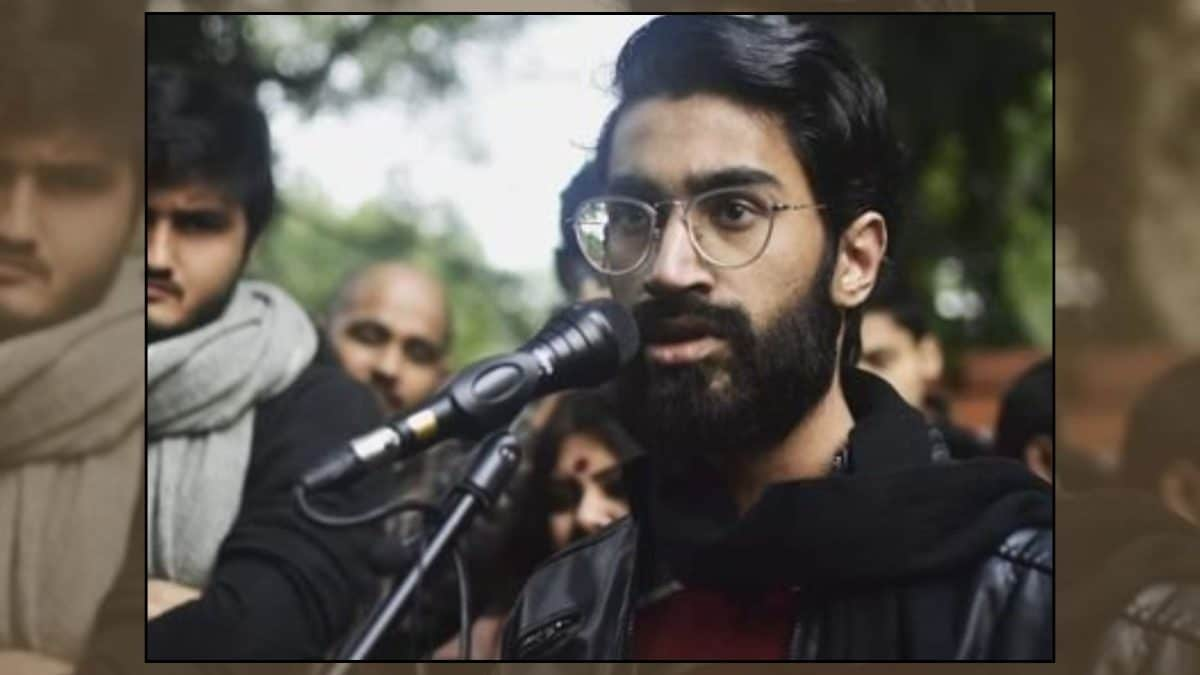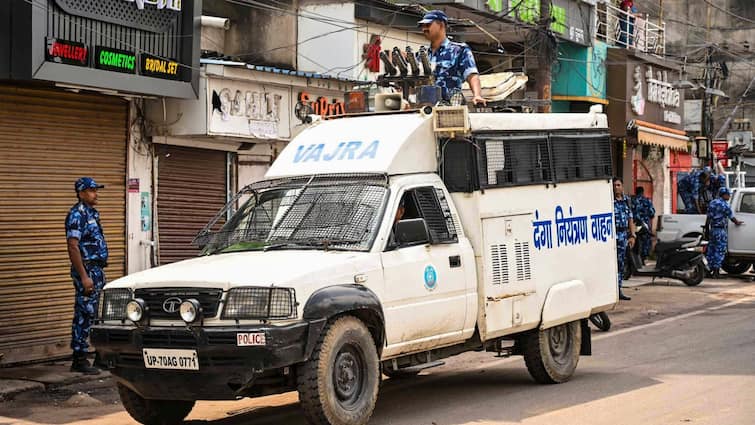Last Updated:
The visa denial letter didn’t mention his online activity but said he failed to show strong enough ties to India that would compel him to return after studying in the US

Kaushik Raj believes the rejection was linked to the US administration’s scrutiny of his social media activity. (Image via X/@kaushikrj6)
Kaushik Raj, a 27-year-old Indian journalist and student, was denied a US student visa despite receiving a prestigious $100,000 (approximately Rs 89 lakh) scholarship to study journalism at Columbia University. He now alleges that his visa was likely rejected due to the US administration’s scrutiny of his social media activity, particularly his reporting on sensitive issues.
Raj had secured admission to Columbia’s Master’s programme in Data Journalism, with the course set to begin in mid-August. He had completed all formalities for the visa, except the final stage: submitting his social media handles, a requirement introduced under a Trump-era policy and still in effect.
Recommended Stories
“I wasn’t very active online,” Raj told The Washington Post. “I never posted personal opinions on global issues like Gaza. But I did share my reporting — stories on hate crimes and India’s treatment of Muslims.”
Although the visa denial letter didn’t mention his online activity but said he failed to show strong enough ties to India that would compel him to return after studying in the US.
“You have not demonstrated that you have the ties that will compel you to return to your home country after your travel to the United States,” the rejection letter stated.
Raj, however, suspects that the rejection came after consular officials reviewed his social media posts.
In an interview with Hindustan Times, Raj said, “If they were not satisfied with my application, they could have refused during the interview. But they rejected me after asking me for my social media details.”
The rejection came on August 21, just two months after a policy update requiring student visa applicants to make all social media profiles public for comprehensive vetting.
According to The Washington Post, at least three other Indian students faced similar rejections despite fulfilling all formal requirements. All were told they lacked sufficient ties to India.
White House deputy press secretary Anna Kelly defended the screening policy, stating it helps ensure that “guests” do not pose national security risks or aim to undermine US foreign policy.
Meanwhile, new data from the International Trade Administration shows a sharp decline in US student visa arrivals. In August 2025, arrivals from India dropped by 50%, contributing to a 19% overall year-on-year decline — the fifth consecutive month of decrease.
About the Author
The News Desk is a team of passionate editors and writers who break and analyse the most important events unfolding in India and abroad. From live updates to exclusive reports to in-depth explainers, the Desk d…Read More
The News Desk is a team of passionate editors and writers who break and analyse the most important events unfolding in India and abroad. From live updates to exclusive reports to in-depth explainers, the Desk d… Read More
October 06, 2025, 22:55 IST
Loading comments…
Read More



